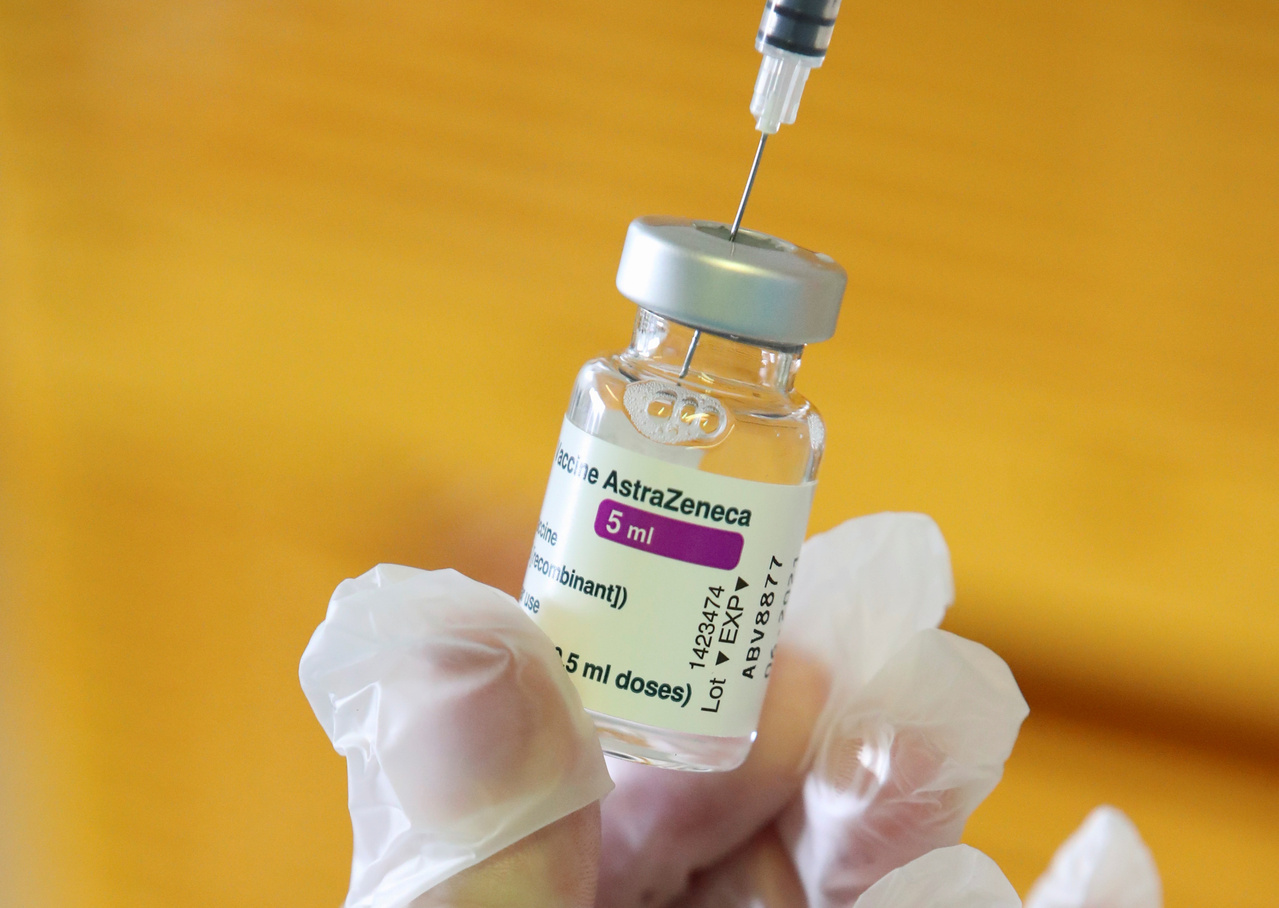EU drug regulator: 169 cases of rare brain blood clot identified in people who received AstraZeneca jabs
Sign up now: Get ST's newsletters delivered to your inbox

The EMA announced it had found a possible link between the AstraZeneca vaccine and rare blood clotting issues in adults who received the shots.
PHOTO: REUTERS
Follow topic:
AMSTERDAM (REUTERS, AFP) - The European drug regulator has received reports of 169 cases of a rare brain blood clot in people who received the AstraZeneca Covid-19 vaccine, a senior official said on Wednesday (April 7).
The total for cases of cerebral venous sinus thrombosis (CVST) were recorded as of April 4 out of 34 million doses of the shot administered in the European Economic Area, said Sabine Straus, chair of the European Medicines Agency's (EMA) safety committee.
The comment came as the agency announced that it had found a possible link between the vaccine and rare blood clotting issues in adults who received the shots.
It stressed again that the benefits of the shots outweighed the risks.
"EMA's safety committee has concluded today that unusual blood clots with low blood platelets should be listed as very rare side effects" of the shot, the agency said in a statement.
The announcement came after its safety committee examined reports of blood clots, but EMA chief Emer Cooke said no particular risk factor had been identified but the clots could be linked to an immune response to the vaccine.
"Specific risk factors such as age, gender or medical history have not been able to be confirmed, as the rare events are seen in all ages," she told a news conference.
"The benefits of the AstraZeneca vaccine in preventing Covid-19 overall outweigh the risk of side effects," she added.
The findings come as a major hurdle in the global fight against the pandemic and a shift in the stance of the regulator, which had last week backed the vaccine and said there was no increased risk of blood clots in general from the shot.
It is also a blow to AstraZeneca, which was a front runner in the race for making an effective vaccine against Covid-19 ever since it began working with the University of Oxford.
The EMA's safety committee, which was assessing the vaccine, has requested more studies and changes to the current ones to get more information.

